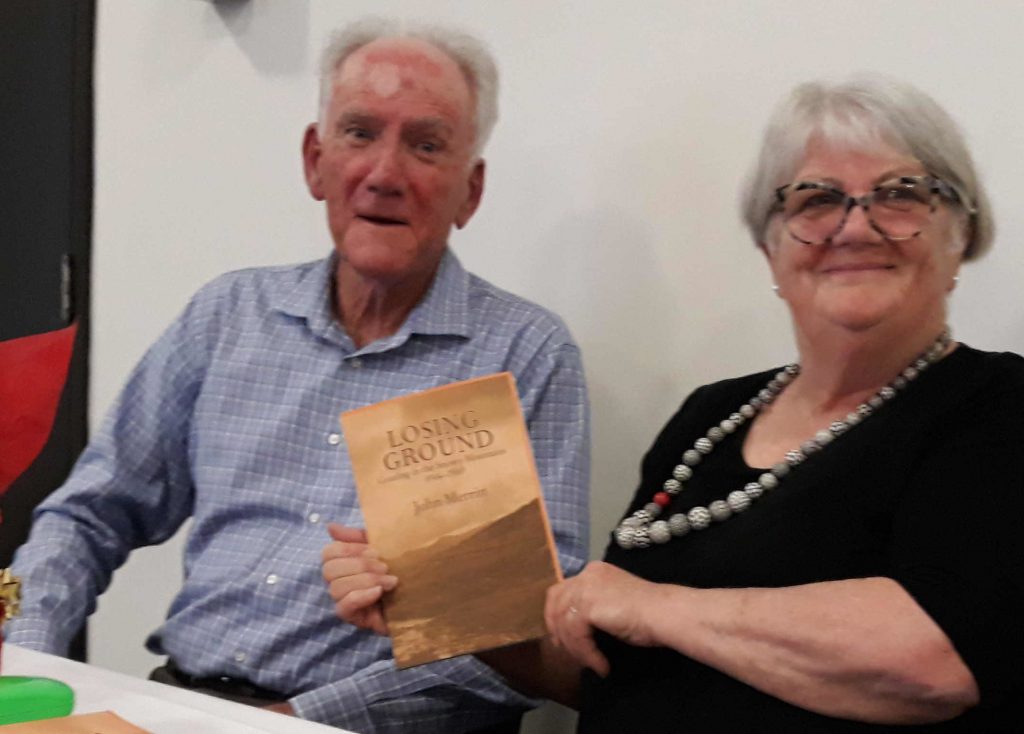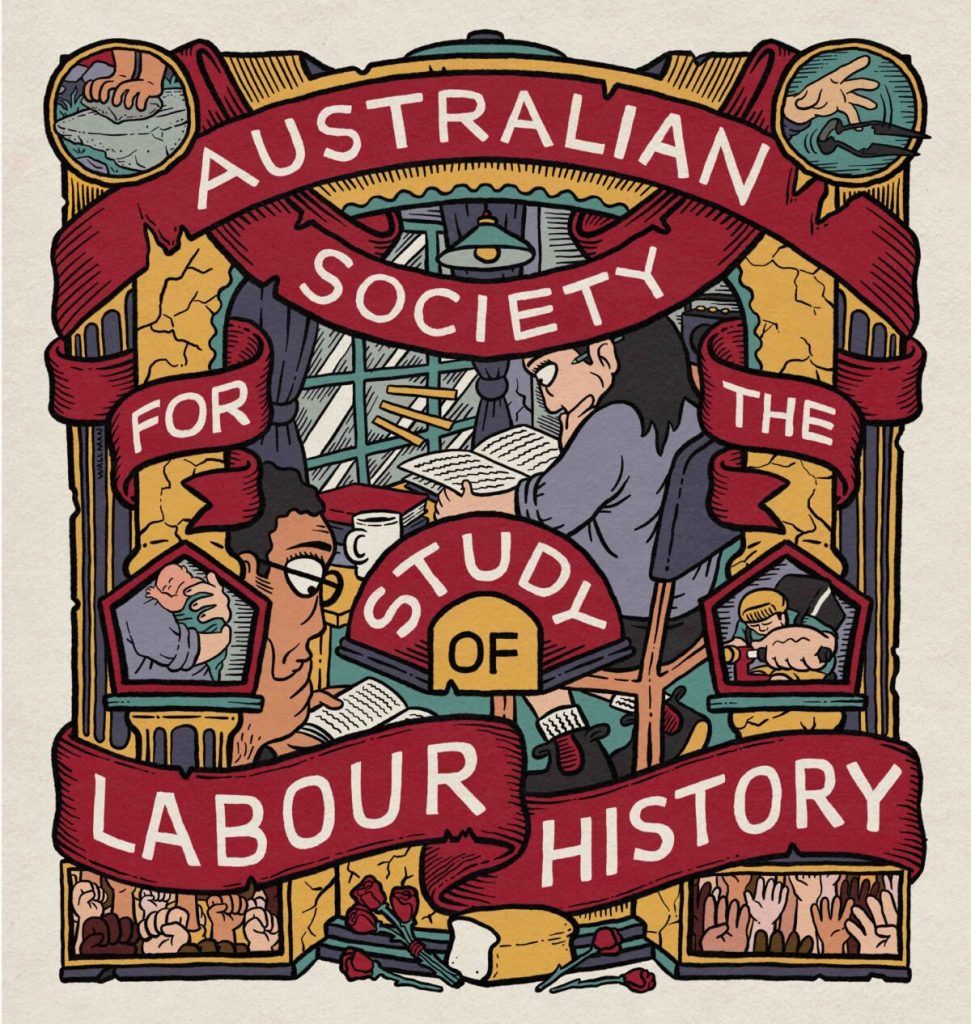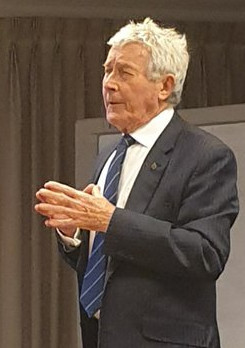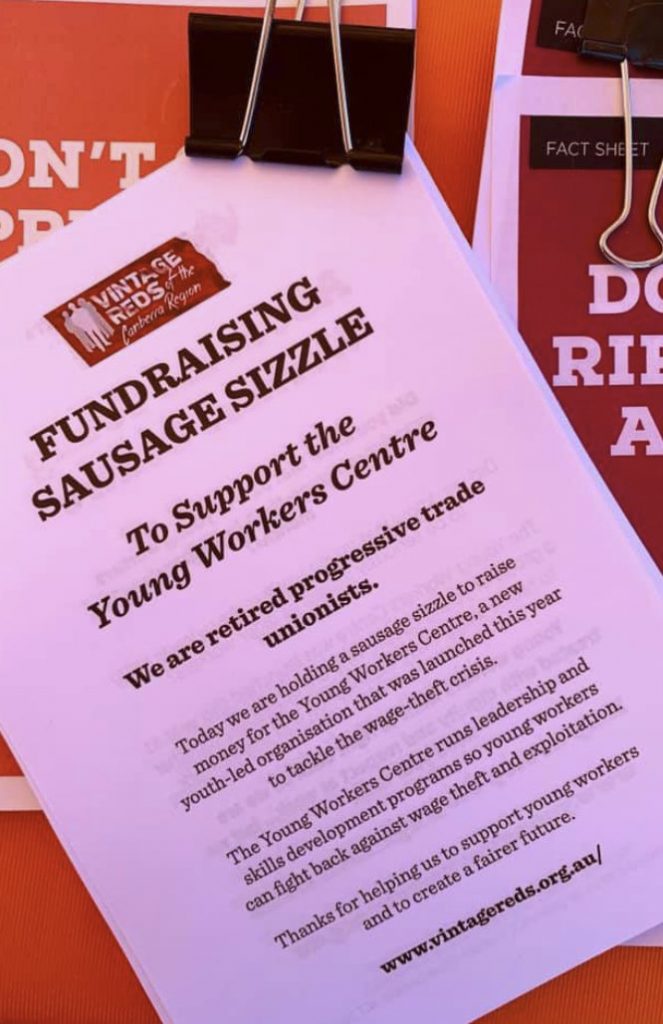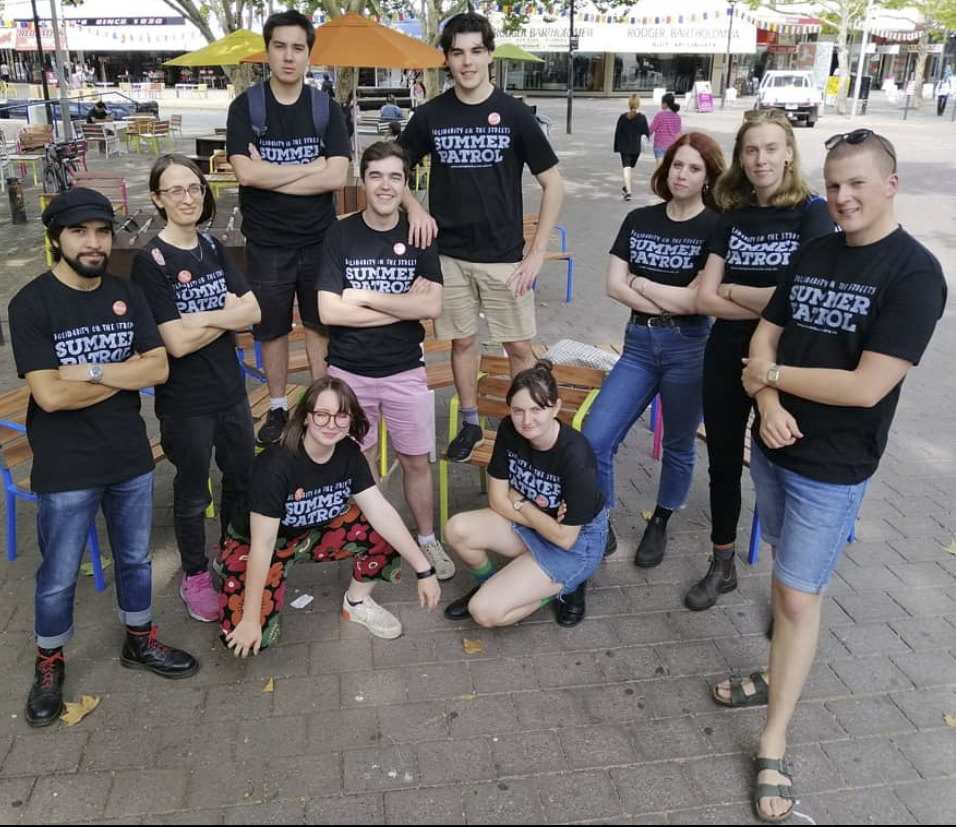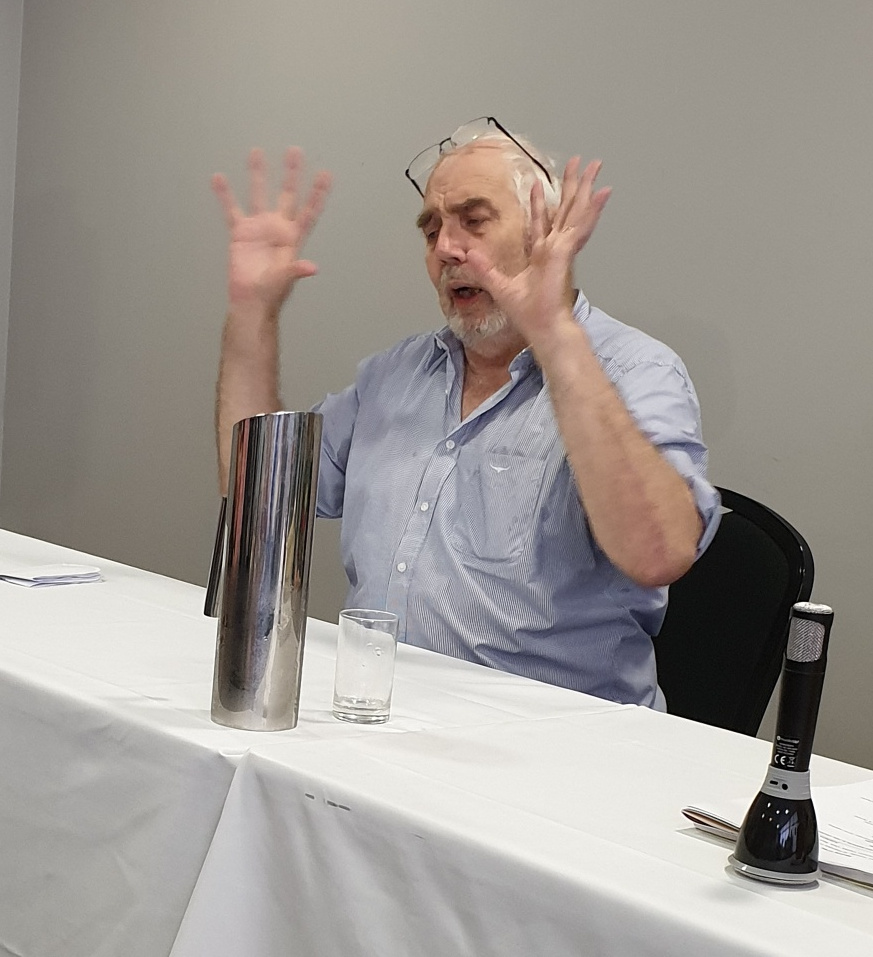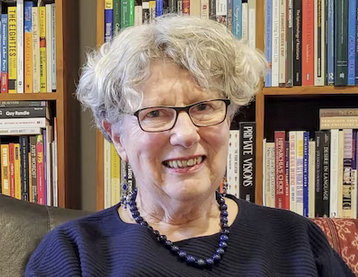
Jane introduced our Guest Speaker, Dr Elizabeth Reid, who spoke on the topic “A Feminist Perspective: Trans Issues”. Elizabeth is a well-known Canberra-based feminist and academic, and a proud member of the Vintage Reds.
photo: www.abc.net.au, 2020
Her talk was followed by a lively discussion. Here is Elizabeth’s paper which was the basis for her talk:
Notes for A Feminist Perspective on Trans Issues
Introduction
The relationship between feminist and transgender politics and theory is surprisingly fraught, especially in the USA and the UK.
Transgender activists may insist on the introduction of regulations governing the use of pronouns, especially in universities and government bureaucracies, demand access to women’s facilities, such as women’s toilets and changing rooms, and/or demand to participate in events organised exclusively for women (sporting, musical, etc.).
The relationship is becoming increasingly oppositional in Australia also, as can be seen, for example, on placards that read ‘Trans women ARE women’.
This is not a recent tension. As far back as 1973, Robin Morgan said in a speech:
I will not call a male ‘she’; thirty-two years of suffering in this androcentric society, and of surviving, have earned me the title ‘woman’; one walk down the street by a male transvestite, five minutes of his being hassled (which he may enjoy), and then he dares to think he understands our pain? No, in our mothers’ names and in our own, we must not call him sister.
Yet, trans women say they are women because they ‘feel female’, that they have ‘a man’s body but a woman’s brain’, because they are women ‘trapped in a man’s body’.
One trans woman said to me: ‘If men were allowed to be pretty, I probably would not have transited’.
This is how they make gendered sense of themselves.
Some of the key terms and issues in this tension will be outlined and discussed.
Continue reading


